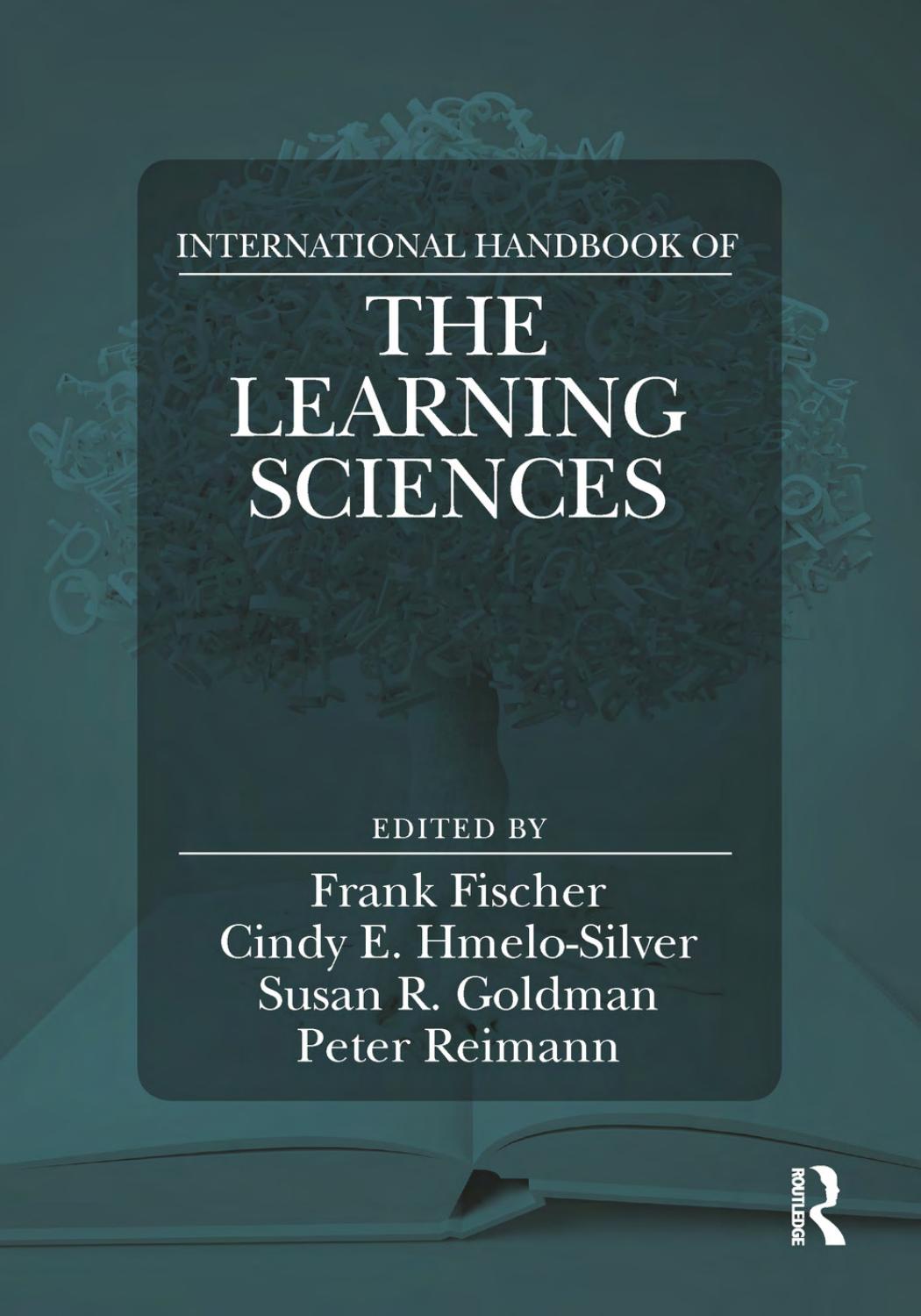International Handbook of the Learning Sciences 1st Edition by Frank Fischer, Cindy Hmelo Silver, Susan Goldman, Peter Reimann ISBN 1317208358 9781317208358
$70.00 Original price was: $70.00.$35.00Current price is: $35.00.
Instant download International Handbook of the Learning Sciences by Fischer after payment
International Handbook of the Learning Sciences 1st Edition by Frank Fischer, Cindy E. Hmelo Silver, Susan R. Goldman, Peter Reimann – Ebook PDF Instant Download/Delivery: 1317208358, 978-1317208358
Full dowload International Handbook of the Learning Sciences 1st Edition after payment
Product details:
ISBN 10: 1317208358
ISBN 13: 978-1317208358
Author: Frank Fischer, Cindy E. Hmelo Silver, Susan R. Goldman, Peter Reimann
International Handbook of the Learning Sciences 1st Edition: The International Handbook of the Learning Sciences is a comprehensive collection of international perspectives on this interdisciplinary field. In more than 50 chapters, leading experts synthesize past, current, and emerging theoretical and empirical directions for learning sciences research. The three sections of the handbook capture, respectively: foundational contributions from multiple disciplines and the ways in which the learning sciences has fashioned these into its own brand of use-oriented theory, design, and evidence; learning sciences approaches to designing, researching, and evaluating learning broadly construed; and the methodological diversity of learning sciences research, assessment, and analytic approaches. This pioneering collection is the definitive volume of international learning sciences scholarship and an essential text for scholars in this area.
International Handbook of the Learning Sciences 1st Edition Table of contents:
I. Historical Foundations and Theoretical Orientations of the Learning Sciences
1. Introduction
2. A Short History of the Learning Sciences
3. Epistemic Cognition and Epistemological Development
4. Cognitive and Sociocultural Perspective on Learning: Tensions and Synergy in the Learning Sciences
5. Apprenticeship Learning
6. Expertise
7. Cognitive Neuroscience Foundations for the Learning Sciences
8. Embodied Cognition in Learning and Teaching: Action, Observation, and Imagination
9. Learning from Multiple Sources in a Digital Society
10. Multiple Representations and Multimedia Learning
11. Learning Within and Beyond the Disciplines
12. Motivation, Engagement, and Interest: “In the End, It Came Down to You and How You Think of the Problem”
13. Contemporary Perspectives of Regulated Learning in Collaboration
14. Collective Knowledge Construction
15. Learning at Work: Social Practices and Units of Analysis
16. Complex Systems and the Learning Sciences: Implications for Learning, Theory, and Methodologies
II. Learning Environments: Designing, Researching, Evaluating
17. 4C/ID in the Context of Instructional Design and the Learning Sciences
18. Classroom Orchestration
19. Research on Scaffolding in the Learning Sciences: A Methodological Perspective
20. Example-based Learning
21. Learning through Problem Solving
22. Inquiry Learning and Opportunities for Technology
23. Supporting Informal STEM Learning with Technological Exhibits: An Ecosystemic Approach
24. Intelligent Tutoring Systems
25. Simulation, Games, and Modeling Tools for Learning
26. Supporting Teacher Learning through Design, Technology, and Open Educational Resources
27. Games in the Learning Sciences: Reviewing Evidence from Playing and Making Games for Learning
28. The Maker Movement and Learning
29. Knowledge Building: Theory, Design and Analysis
30. Collective Inquiry in Communities of Learners
31. Computer-Supported Argumentation and Learning
32. Theoretical and Methodological Frameworks for Computer-Supported Collaborative Learning
33. Scaffolding and Scripting (Computer-Supported) Collaborative Learning
34. Group Awareness Tools for Computer-Supported Collaborative Learning
35. Mobile Computer-Supported Collaborative Learning
36. Massive Open Online Courses (MOOCs) and Rich Landscapes of Learning: A Learning Sciences Perspective
III. Research, Assessment, and Analytic Methods
37. Design-Based Research (DBR)
38. Design-Based Implementation Research
39. Participatory Design and the Learning Sciences
40. Assessment of and for Learning
41. Learning Progressions
42. Measuring Competencies
43. Mixed Methods Research as a Pragmatic Toolkit: Understanding versus Fixing Complexity in the Learning Sciences
44. Multivocal Analysis: Multiple Perspectives in Analyzing Interaction
45. Ethnomethodology: Studying the Practical Achievement of Intersubjectivity
46. Interactional Ethnography
47. Video Research Methods for Learning Scientists: State of the Art and Future Directions
48. Quantifying Qualities of Collaborative Learning Processes
49. Learning Analytics in the Learning Sciences
50. Epistemic Network Analysis: Understanding Learning by Using Big Data for Thick Description
51. Selecting Statistical Methods for the Learning Sciences and Reporting their Results
People also search for International Handbook of the Learning Sciences 1st Edition:
international handbook of universities
international handbook of science education
handbook of international relations
the international handbook of space technology
handbook of the learning sciences



